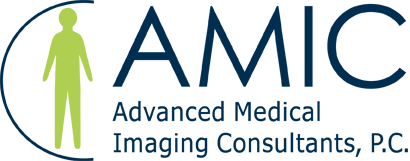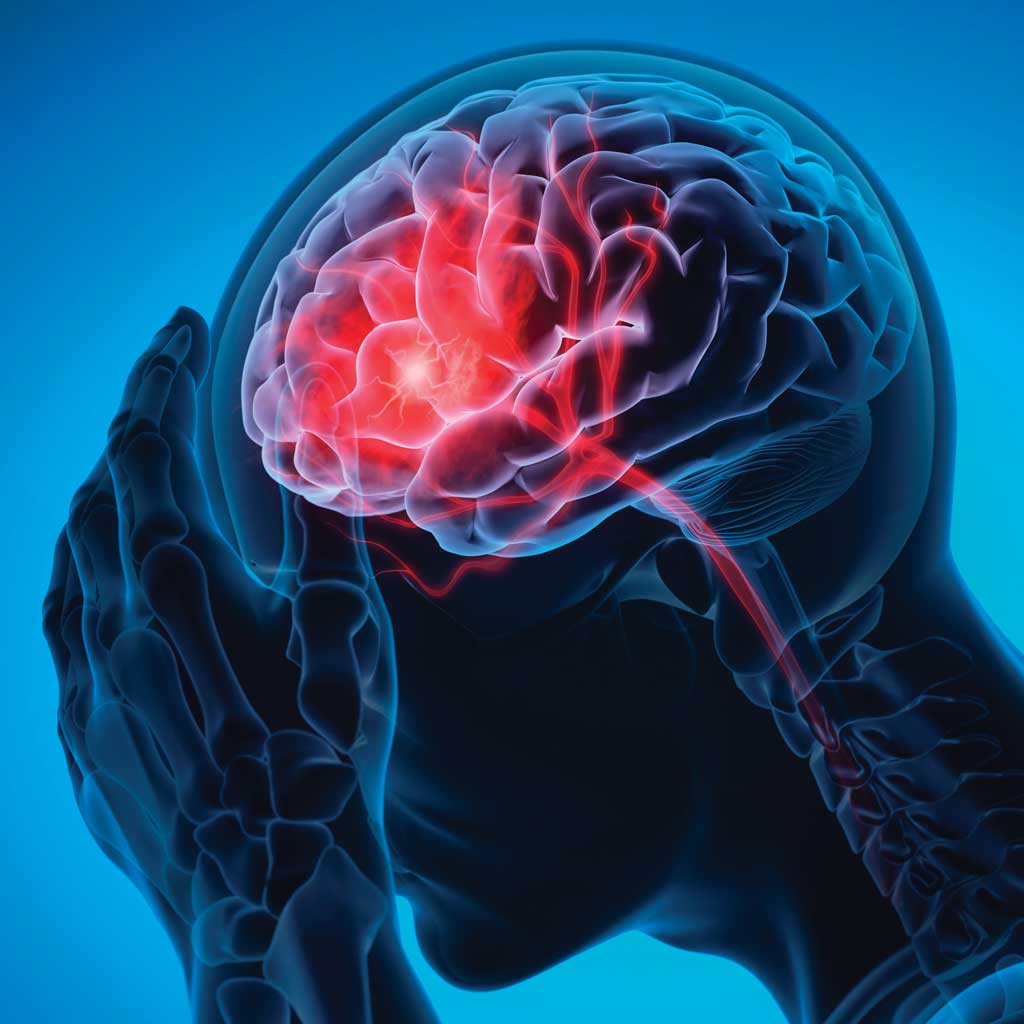May marks Stroke Awareness Month—a key time to highlight one of the main reasons for death and disability across the globe. Each year almost 800,000 people in the US have a stroke. Even though strokes happen often, we can prevent many of them through learning changing how we live, and above all getting stroke screenings.
Getting to Know Stroke and What Causes It
A stroke happens when blood can’t get to part of the brain, or there’s less of it. This means brain tissue doesn’t get the oxygen and food it needs. It can cause lasting brain harm, make it hard to do things for a long time, or even lead to death. There are two main kinds of strokes: those caused by blocked arteries (ischemic) and those caused by bleeding in the brain (hemorrhagic). Ischemic strokes make up 87% of all cases.
One big thing that leads to ischemic stroke is carotid artery disease. This happens when plaque builds up in the two big arteries in the neck that send blood to the brain. Over time, this plaque can break open and send clots to the brain, which results in a stroke.
The Role of Screenings
One of the most effective tools in stroke prevention is a simple, non-invasive ultrasound scan of the carotid arteries. This painless test uses sound waves to create images of the arteries and detect any narrowing or plaque buildup.
If carotid artery disease is detected early, patients have several treatment options. These may include lifestyle modifications, medications to lower cholesterol or blood pressure, or minimally invasive procedures such as carotid angioplasty and stenting. In more advanced cases, a surgical procedure known as carotid endarterectomy may be recommended to remove the plaque and restore normal blood flow.
Why Early Detection Matters
The key to preventing strokes is identifying risks before symptoms appear. Many people with carotid artery disease experience no warning signs until a stroke or transient ischemic attack (TIA), also known as a “mini-stroke,” occurs. Regular screenings—especially for those over 55 or with risk factors like high blood pressure, diabetes, smoking, or a family history of stroke—can catch problems early when treatment is most effective.
Take Action During Stroke Awareness Month
Stroke Awareness Month serves as a powerful reminder to take control of your health. Talk to your healthcare provider about your risk factors and whether a carotid artery screening is appropriate for you. By prioritizing early detection and preventive care, you can significantly reduce your risk of stroke and protect your long-term health.
Remember: A quick, painless stroke screening today could prevent a life-altering event tomorrow. Don’t wait—know your risk and take proactive steps toward prevention.

